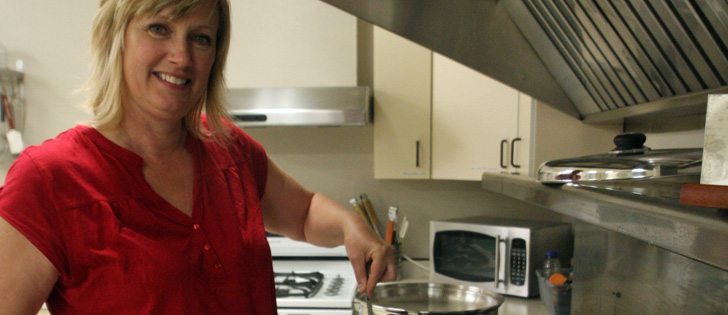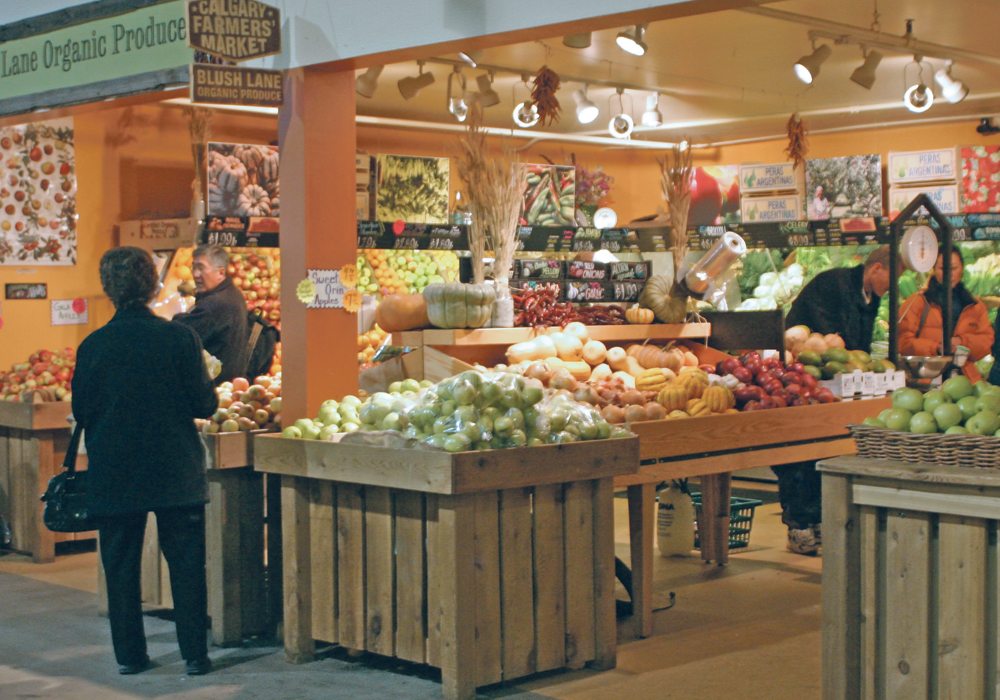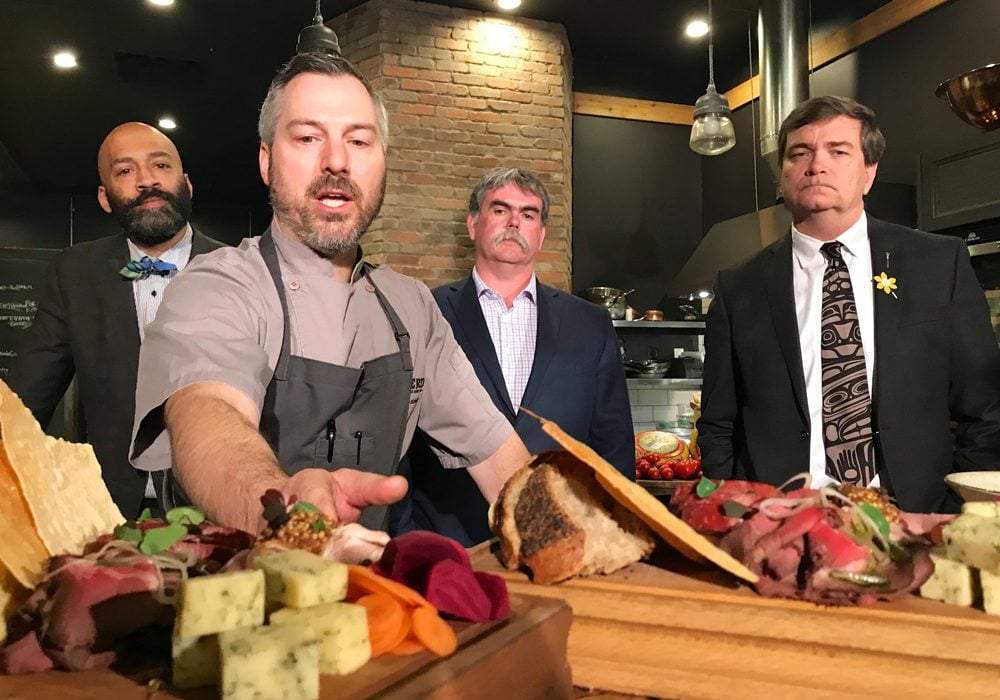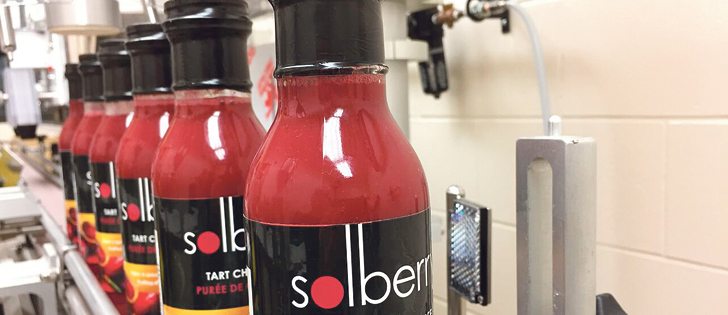Preserving produce | Partners hope to find ways to increase efficiency
EASYFORD, Alta. — After three years of working with a local food group, Margarita Pischke has learned most people like eating local jams, jellies and pickles.
They’re just not always keen on making them.
Instead, Pischke and two friends have turned their love of making jams, jellies and pickles into a business.
“People understand the value of local growers, but don’t have the time or inclination to do it themselves,” said Pischke of the 100 km Kitchen Company.
Three years ago, Pischke was hired to work with the 100 km Kitchen Party, an economic development project started by Brazeau County in 2009 to promote local food.
Read Also
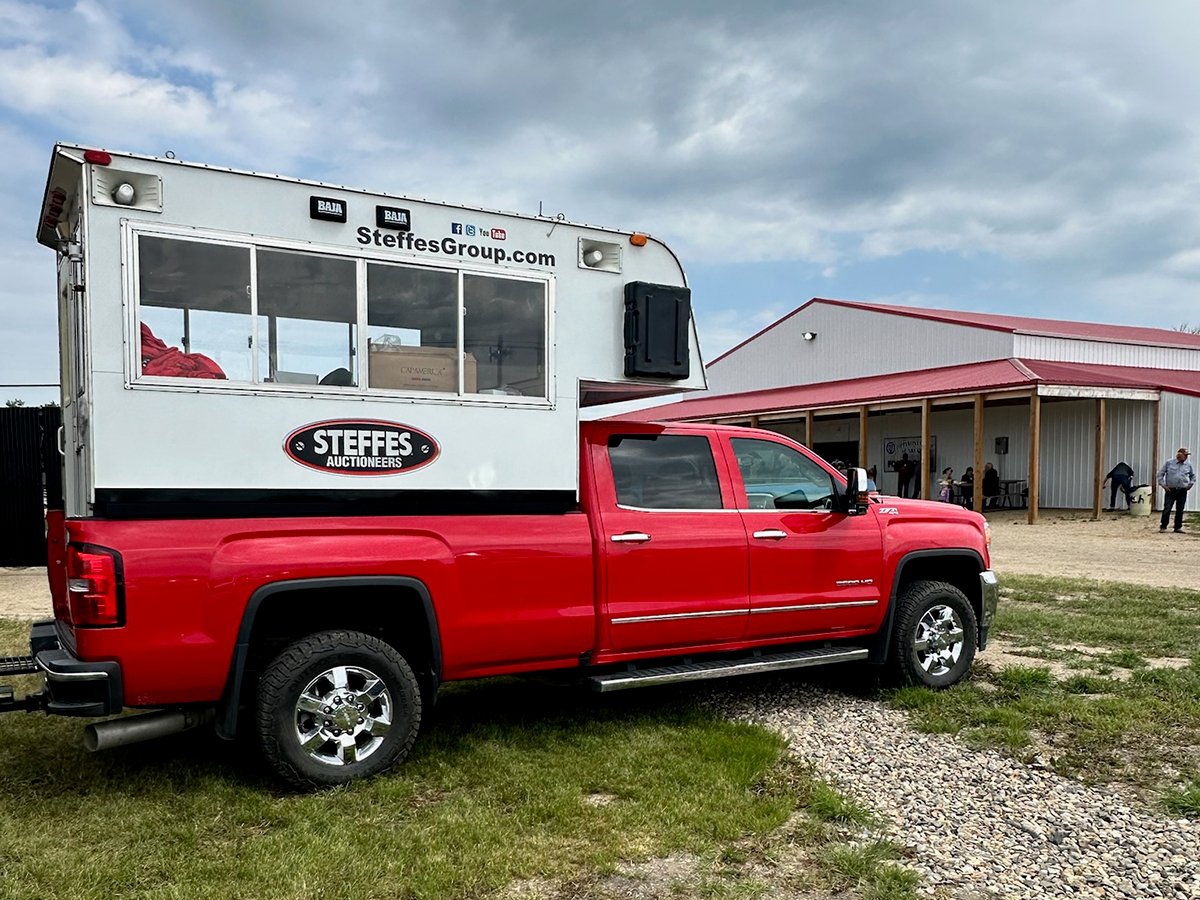
Farm auctions evolve with the times
Times have changed. The number of live, on-farm auctions is seeing a drastic decline in recent years. Today’s younger farmers may actually never experience going to one.
The group organized kitchen classes and distributed 70,000 copies of the booklet Eat Local Goodness to homes in the area.
Only 22 food growers within 100 kilometres of Drayton Valley were listed in the directory in the first year, but it increased to 50 by the third year.
“It made a great impact,” said Pischke.
The group held canning and cooking courses using food from local growers.
These kitchen parties, held in community halls, made 900 jars of jams, jellies and preserves in their first year, 1,800 in the second year and 2,500 by the third.
Despite the enthusiasm of some members, there wasn’t enough interest to carry on the 100 km Kitchen Party.
Pischke and four others didn’t want to let the party die and started the first step in turning the party into a co-op.
Paperwork and other roadblocks prompted the organizers to drop the co-op idea, and Pischke, Kathryn Pratt and Patricia Pischke created the 100 km Kitchen Company, their own business that cans local produce and sells it at farmers’ markets and local stores.
“We’re feeling pretty confident,” Pischke said.
It was at one of the farmers’ markets that Pischke met an old bachelor who wanted to know if they had any horseradish jelly. The man showed her a tattered recipe of his horse-radish jelly and Pischke made a copy.
The original recipe had a “small mountain of sugar,” which they reduced. Horseradish jelly has now become one of the company’s best sellers as a glaze on chops and barbecued meat.
Pischke said apples are their biggest gift and curse. Every fall, baskets of apples turn up and they diligently turn them into jars of jelly. Last year, they rented the Easyford Community Hall kitchen for 40 days.
In the future, the trio opes to make their canning more efficient to help boost profits.
“The profits aren’t super at this point,” said Pischke.
The women eventually hope to make the company a full-time business for themselves. Ninety-five percent of their produce is now obtained locally.
Forty percent of their sales are from gift baskets in Drayton Valley’s booming oil economy.

